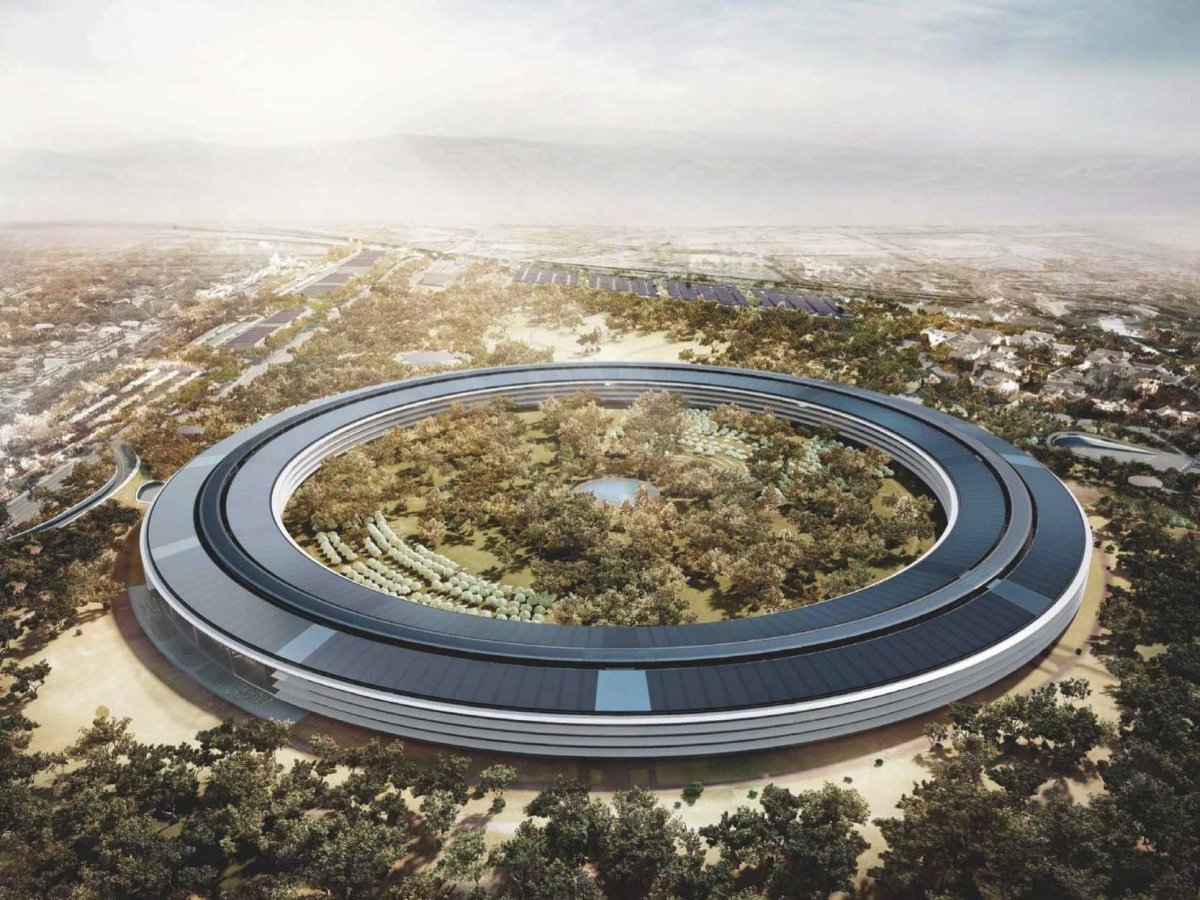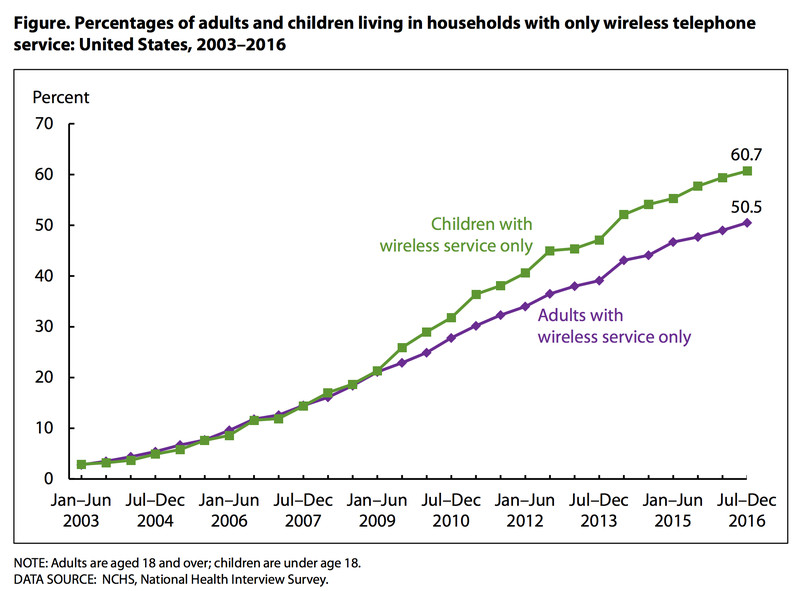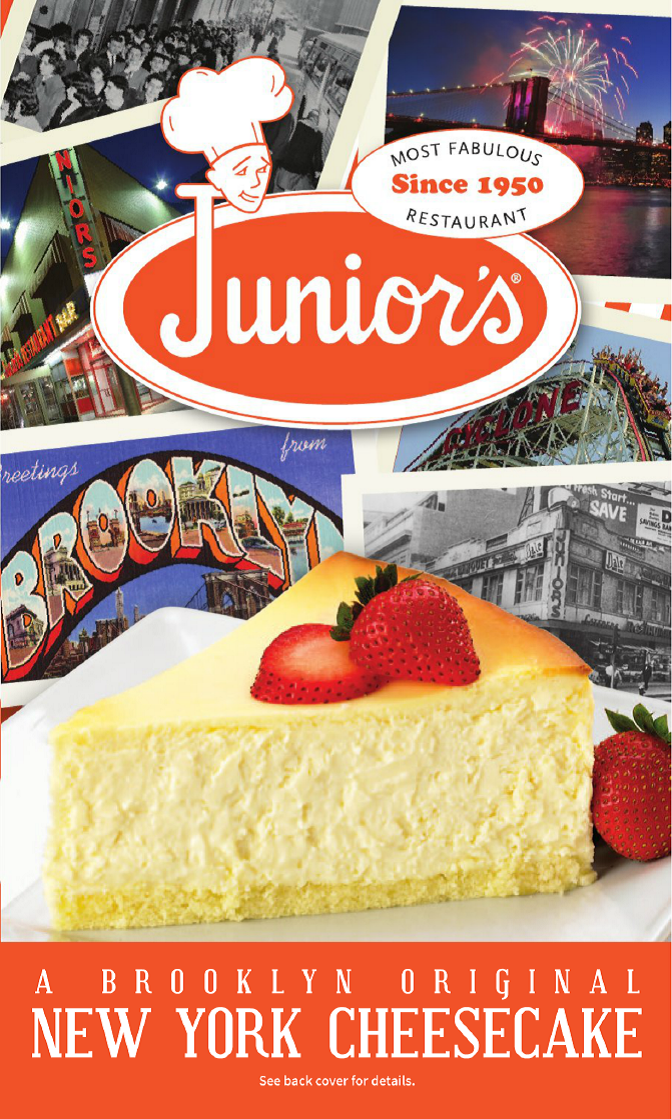Caught the news this morning that Apple begun moving employees into its new, futuristic, spaceship-looking, and $5 Billion costing campus in Callifornia last week.
The space (or space ship) seems to be by all accounts incredible, (and I suppose for $5B it had better be), and reading the article over and looking at some of the pics of the new Apple campus got me to thinking about the various office spaces that I have worked in or at least have visited in my career.
And honestly, while each office space is unique, and different in its own way, I think that they all can be broken down and places in one of just a few categories. Let's say five.
Here are the five kinds of office environments as I see it,an example of a typical company with that kinds of office set up, what the company thinks their offices say about them, and what each type of office really says about you, the company, their aspirations, and maybe even their future.
Here goes....
1. We don't have ANY offices 100% virtual baby. I'm having a staff meeting from the beach in Majorca.
Example: Automattic, Buffer, GitHub
What the company thinks it says: We are progressive, we only want the best talent, we trust people to do their best work in the environment that suits them the best
What it really says: There's a chance we may not qualify for a 12 month lease of decent space. And your Mom or Aunt Sally has almost certainly never heard of us. But if we disappear, it won't make too much of an impact, since we were never really 'here' anyway.
2. Class 'A' space in the office park out near the airport
Example: Tons of them - think logistics, insurance, regional telecom companies, pretty much anyone the developer can find
What the company thinks it says: We care about our employees enough to have them work in a clean, bright, and completely non-confrontational place. If the space is comfortable and has ample parking, then it is all good.
What it really says: We have just about zero personality or culture. Check that - we can add a 'culture' board to the break room wall, near the microwave. That will work. Class 'A' office space is like a Honda CRV. Sure, it will get you where you need to go, but you will remember exactly nothing of the journey.
3. Big city, downtown, high rise (especially when relocating from Class 'A' space out in the middle of nowhere)
Example: Boeing, General Electric, McDonald's
What the company thinks it says: We want to attract more millennials who want to live and work in large cities with lots to do and see - arts, restaurants, sports, night life, etc. We also like to see the company name on a big tower. We also want to attract a more diverse, technically savvy workforce while we are at it.
What it really says: We can't recruit anyone younger than 40 to come to work in McMansionville 24 miles outside of the city. We also like to see the company name on the side of a giant building.
4. Common plan! Exposed brick! Ping Pong! Kegerator! (Did I mention the exposed brick?)
Example: Every Series A funded tech startup in San Francisco or New York
What the company thinks it says: We are cool! We are fun! We like to work hard and play hard! We don't care about hierarchy here, the CEO sits at the same communal table we all do! And we like exposed brick!
What it really says: Common plan spaces are way cheaper than building out personal offices, rent at the converted warehouse was almost nothing, (a lot less than in the McDonald's tower), after about 4 days everyone will invest in new noise cancelling/don't talk to me I am trying to work headphones, and my gosh are Josh and Tim ever not playing ping pong! I don't have a snarky remark about the kegerator. That would be pretty cool to have.
5. Money is no object. I mean, NO object.
Example: Apple's new campus
What the company thinks it says: We have more money, power, influence, and gravitas than anyone. We can do whatever we want. We don't care what you think.
What it really says: We have more money, power, influence, and gravitas than anyone. We can do whatever we want. We don't care what you think.
$5B large on a new office? Must be nice.
That kind of scratch would buy a lot of ping pong tables.
And keep everyone's kegerator filled for a long, long time.
Have a great week!


 Steve
Steve

